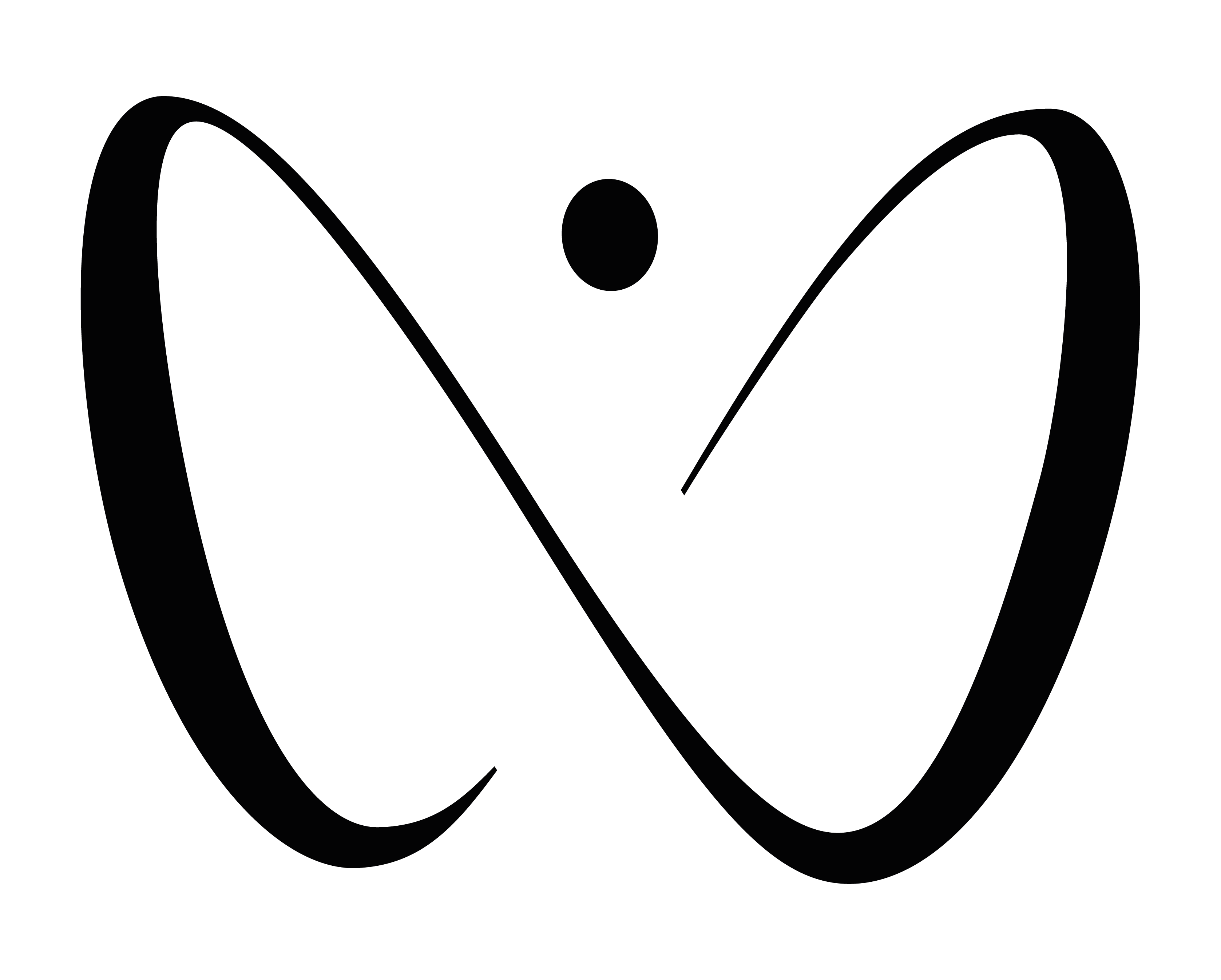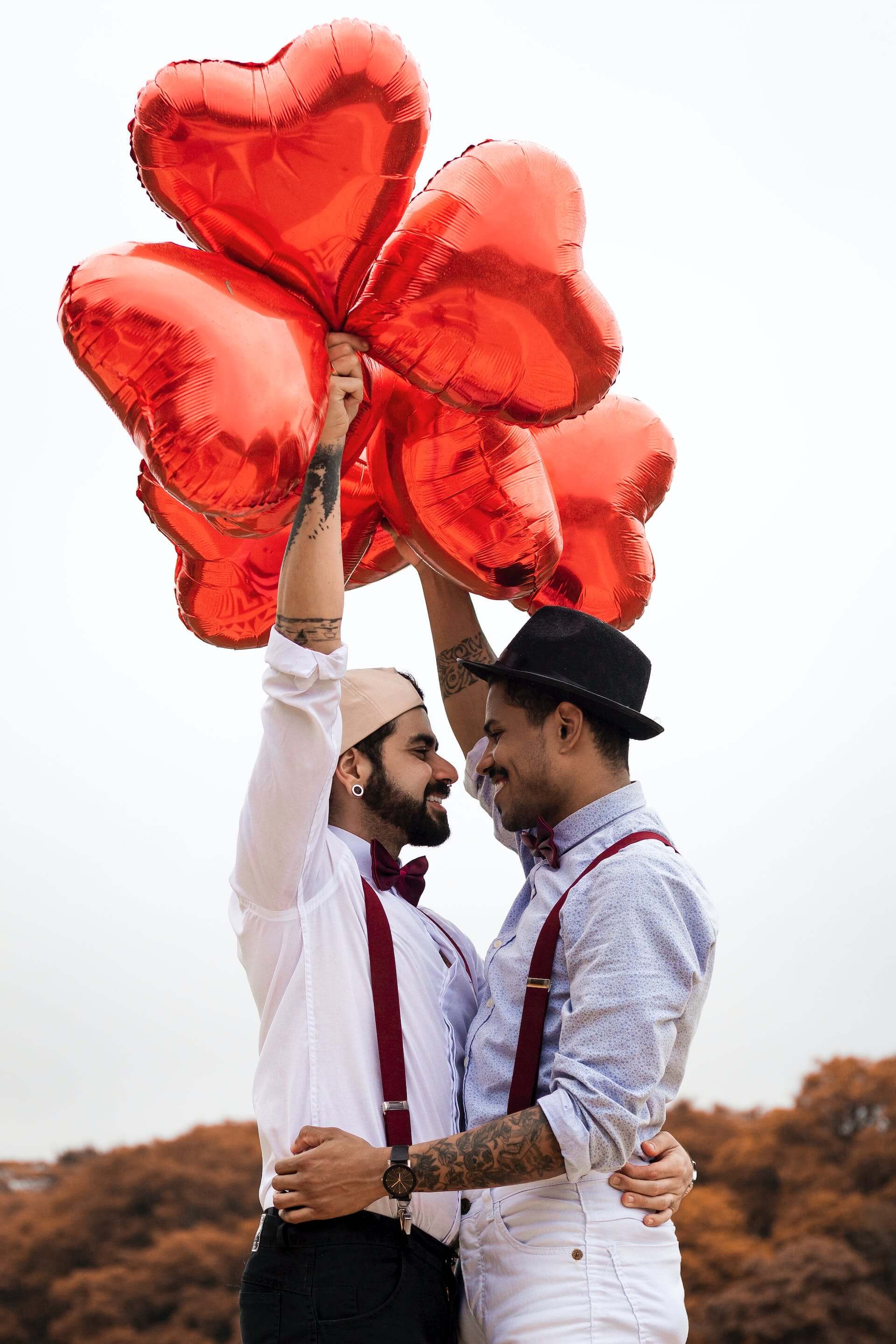
What types of love are there and what characterizes them?
Love - A big word with an even bigger meaning
Many philosophers, writers, and other notables have tried to capture the essence of love in words. The result is a plethora of descriptions, quotes, and sayings. For example, the saying "We are never so vulnerable as when we love" is attributed to Sigmund Freud. And Heinrich Heine is quoted as saying: "Love is always a kind of madness, more or less beautiful." In fact, scientifically—and thus quite unromantically—love is first and foremost a state of emotional affection. And: It changes. In a romantic relationship, we are often head over heels in love at the beginning. Years later, a deep connection that is more serious and truthful often develops.
It is also proven: There is not just one form of love, but we deal with various manifestations. In addition to romantic love in a relationship, there is love for friends, family, or oneself. Many people have delved into these different variations—and now we want to summarize the findings. So we ask: What kinds of love are there? And what characterizes them? Who invented or defined them?
"Eros," "Philia," and "Agape" – resonant names, right? These three are the most well-known types of love, originating in ancient Greece, where they represent body, mind, and soul. Over time, more and more people, including Plato and Socrates, have engaged with the concept of love, leading to many additional definitions. However, we will focus on the six most important types of love, especially popularized by Canadian sociologist John Alan Lee.
Six types of love briefly explained
Before we delve further, it's important to note: The way you love—your personal style of love, if you will—primarily stems from your own experiences and interactions from the past and, as mentioned, can change and evolve over time.
Let’s now take a closer look at the six types of love according to John Alan Lee:
Eros: This form of love can be described as fairy-tale-like, intense, even feverish and crazy. It fits the phrase "falling head over heels in love." In this romantic type, physical attraction plays an essential role, and lovers are almost addicted to being loved and nesting in this rose-colored cloud. The downside: This form of love often fades quickly.
Storge: This type of love is based on mental closeness, mutual trust, and companionship—a combination that often leads to long-lasting, stable relationships. Essentially, it's a classic scenario: an intimate friendship gradually evolves into love and physical attraction, creating a solid and heartfelt bond that endures many challenges.
Ludus: Manipulation is at the forefront of this love. Today, people who practice this type might be called "players." They are experts at manipulating others' feelings while casting themselves in the best light. Although they may appear deeply romantic initially, most of it is merely for show.
Essentially, these are emotionally distant individuals who aren't interested in anything profound but are just seeking fun and pleasure. If they do enter into a relationship, it lacks genuine devotion, so much remains superficial and is usually short-lived.

Pragma: As the name suggests, this type of love is quite pragmatic. While it may seem overly sober and emotionless to some, for others it is purposeful, sensible, and considered. Lovers of this kind do not care for intense, yet short-lived highs; rather, they value solid attributes like security, financial stability, social status, or the approval of their family.
Mania: People who identify with this type are often described as possessive. They quickly become emotionally dependent on their object of desire and constantly need reassurance that everything is still alright between them and their partner. Even the slightest change can throw them off balance and lead them to overthink, question everything, or even become aggressive. Jealousy is thus a recurring issue. And: They link their own happiness inextricably with that of their partner. That means: when they are in love, they forget how to be happy on their own.
Agape: The Agape type is a giver. They prefer to give rather than receive. Therefore, caregiving is at the heart of their actions, and they lovingly tend to their loved ones. Their love is pure and genuine, and they accept their partner as they are, no ifs, ands, or buts. The downside: Often, people who practice this form of love tend to forget about themselves in the process. On the other hand, they are most likely to be happy in a relationship, as they are willing to tolerate a lot, forgive quickly, and overlook faults.
Two other well-known types of love are the previously mentioned "Philia" and "Philautia". The former describes platonic love for friends. It involves a deep connection where physical attraction and romance play no role.
Instead, everything revolves around trust, mutual support, serious interest in each other, and honesty. "Philautia," on the other hand, stands for self-love. Although often overlooked in many lists, it is of great significance. It influences our relationships with others. In other words: Only those who love themselves can truly love others.

A sparkling "thank you" for the person of your heart
Whether it's "Storge," "Eros," or "Pragma"—every type of love needs to be nurtured to flourish and to withstand various challenges. Appreciation is often the magic word in many respects. Thus, taking a moment now and then to thank your partner for their love is invaluable. And this is where our Mevisto jewelry pieces come in handy. The sparkling rubies and sapphires embody the essence of your loved one. How is this possible, you might ask? It’s quite simple: We have developed a special process that allows us to create unique gemstones from just 10 grams of hair. The color nuance that emerges is solely determined by the biogenic material—and thus by your partner. We find this to be a fascinating story that continues to enchant us anew each time.





